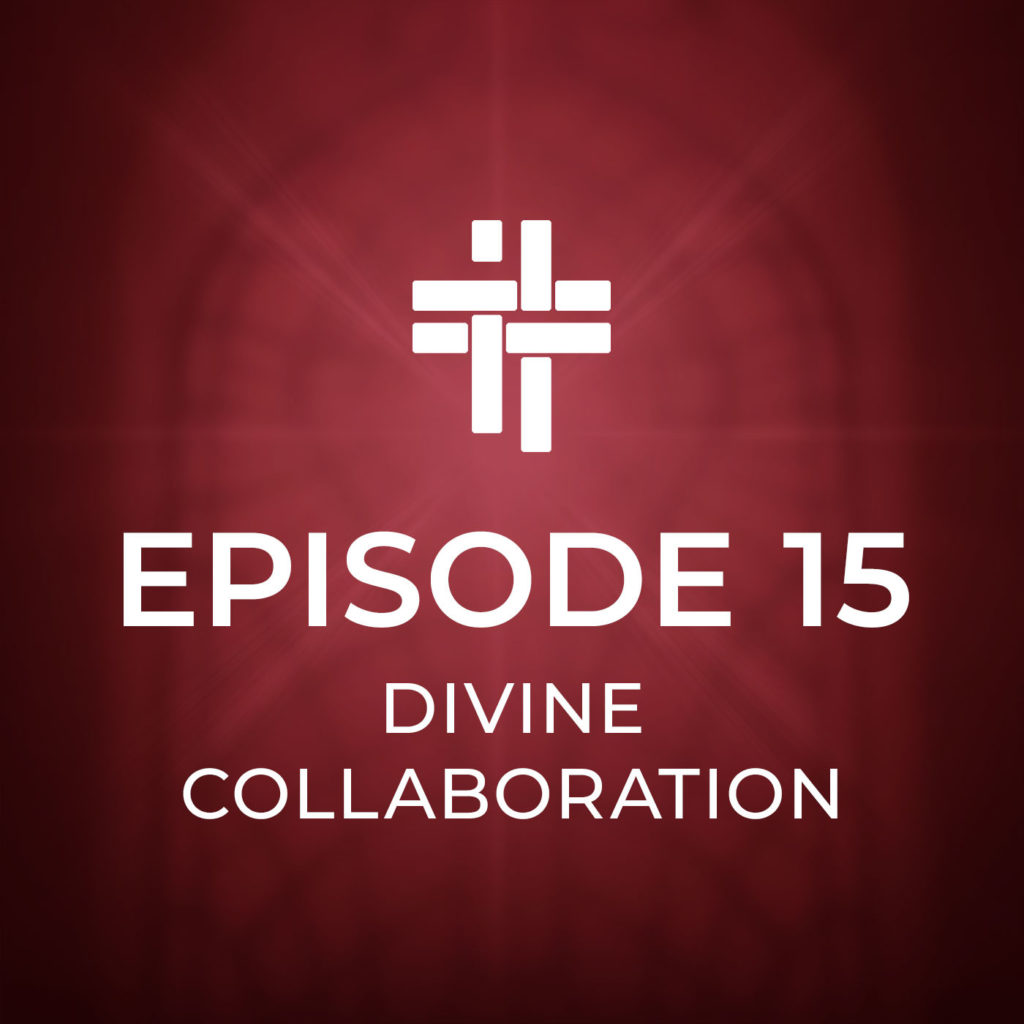The ideal response to conflict is collaboration. In this process, disputants seek to satisfy their interests while ALSO satisfying the interests of others. Disputants seek to maximize mutual benefit. Rather than “cut the pie in half” (compromise) they seek to “enlarge the pie.” In faith-based peacemaking we go a step further and also seek to satisfy God’s interests – we week to align interests with the Will of God. We call this process Divine Collaboration. In this process parties must discern the Will of God.
Podcast: Play in new window | Download (Duration: 12:42 — 17.5MB) | Embed
Subscribe to the podcast
Credits
“Angel Share” and “Concentration” Kevin MacLeod Licensed under Creative Commons: By Attribution 3.0 License


